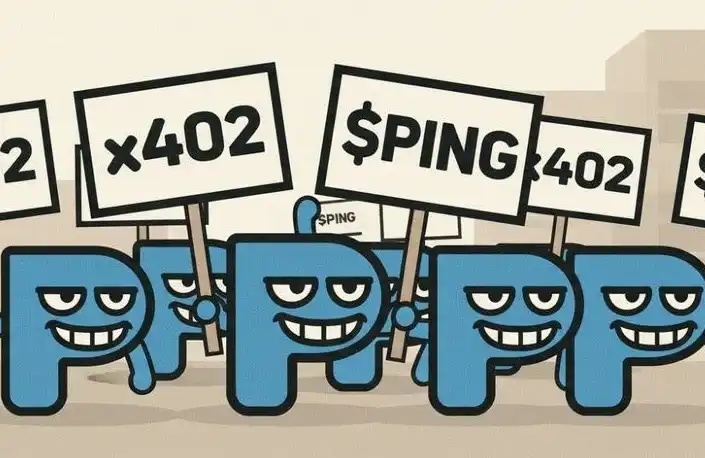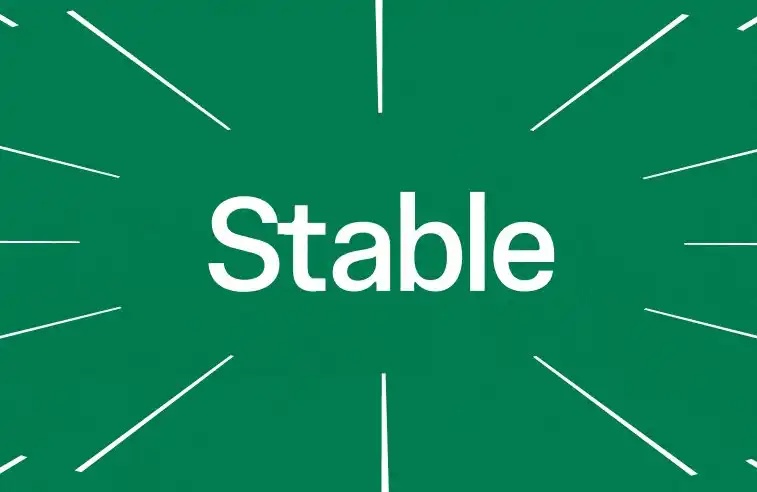Vitalik Buterin’s first interview after PoS: Centralization is “overhyped”
Original title: "Post-merge and beyond—the next era of Ethereum begins"
Original source: BanklessHQ
Original translation: Mary Liu, Derrick Chen, BitpushNews
After the Ethereum merger was completed, Vitalik Buterin (hereinafter referred to as V God) accepted an exclusive interview with Bankless and shared his views on the merger, Ethereum's route, staking, etc. The Bitpush editorial department has sorted out the key points of the interview for you.

Host: After comprehensive consideration from many parties, we feel that the final PoS design is a simplified design that cannot meet everyone's ambitions. Do you think if we wait a little longer, will we find a new design, or is the current design the final and logically optimal design?
V God: I feel like you raised two questions. The first question is, in the long run, is there a better form of PoS chain? The second question is if our research team spends more time on research, is there a better way to transition.
For the first question, we are still far from the best PoS chain state, and there are still many improvements to be made. The second question is whether this is the best form of Merge, I think it can be said. If I have the opportunity to go back to 2014, I might use a simpler design and enter PoS in 2018. We have now achieved some of the goals we set at the beginning, but there are also some security issues that have arisen, which we are also working on. So if I were to make any changes, I would probably say a simpler PoS and merge earlier. Of course, I also hope that other PoW chains will migrate to the PoS mechanism in the next four years.
Moderator: The merger came too late for everyone. There were definitely some attacks and community disagreements, but there were also some benefits; the PoW mechanism has benefited miners and many other entities. So, is there anything particularly important that you would like to do again and change?
V God: It would be best if we could avoid those attacks and disagreements. I think the Layer 2 roadmap can be more optimized, and we can spend more resources on Optimism and Arbitrum.
I think a lot of what we did was "discovering a hundred wrong ways to make light bulbs." We spent a lot of resources exploring different paths and trial and error. Regarding the expansion, it took us a long time from realizing the expansion to developing solutions, such as Plasma and Rollup, and we also found that many people's goals are not that complicated, and expansion may not be so necessary for them.
Bankless Moderator: Where are we now in the Ethereum roadmap?
V God: If we look at the merge roadmap, the merge is done, and the part of the merge that is not done yet includes the post-merge hard fork with withdrawals, which is obviously one of the next big priorities after the merge, which is a very simple hard fork, and I think the main debate at this point is whether to do it at the same time as EIP-4844, or do the fork first and then do 4844. Distributed validators are still being developed, and while not 100% done, I guess they have made considerable progress (such as the validator node project DVT aka SSV).
If you look at the longer term, we have some great work on Single Secret Leader Election (SSLE), and the related cryptographic principles are already taking shape.
Next up is single-slot finality, which is a much bigger project and I think it's one that's really been started early in the roadmap because people recognize its more value and importance, and I think it's one of those things that we're going to have to have a big public discussion with the community at some point because single-slot finality has huge benefits, but also some costs, like what finality to expect with a deposit size of 32 ETH, and we're hoping to be able to reduce finality to a single slot at 32 ETH or something like that.
Then there's The Surge, where things have clearly been reshuffled and the new sharding design EIP-4844 is much more advantageous and is basically waiting to be deployed. Next up is The Verge - Verkle Tree (further decentralizing the network and allowing individuals to run nodes), I think there's been a lot of progress in implementing the Verkle tree, the main sticking point right now is that the transition from our existing tree structure to the verkle tree will be a huge development challenge, and there's still debate about how to do that. I think overall it has been deprioritized relative to achieving scalability, which is so important to Ethereum.
Regarding The Purge, History Expiry EIP-444 has made a lot of progress, Ban-self-destruct I think we can start deploying it at any time, State expiry has been deprioritized a lot because of the proposer-builder separation, basically if you have PBS and you have Stainlessness, then the number of participants who actually have to hold the entire state is very small, and ordinary validators don't have to hold (state) because ordinary validators only need to verify other blocks instead of creating their own blocks. The deprioritization of State expiry does give us a lot of freedom to figure out other things first, like making the Ethereum protocol more concise, getting rid of rlp, cleaning up the block structure, but it may take another year or so to pave the way for this.
Moderator: Are staking economics planned to change at some point, and if so what will it look like? V: I can see one of them being that there are ways to make deposits and withdrawals faster at least in normal circumstances, like if the chain is finalized and a lot of deposits and withdrawals are allowed to happen, that would make the validator experience easier and would also reduce the incentive to participate in stake pools and make it easier to have smaller and more decentralized stake pools, so that's the first one. The second one is the changes to the MEV (Miner Extractable Value) architecture that will obviously affect the economics of staking, we're going to add the MEV smoothing mechanism, basically forcing the MEV income to be redistributed to all ATF validators instead of being concentrated in one of them, then that will reduce the variance of staking income and also reduce the incentive to be part of the staking pool. So I think there will be a lot of changes in staking economics because of some of the changes that may happen to staking, like I think the long-term dream for Ethereum is basically that all a staker has to do is download and verify a bunch of data and then sign it. If that's the case, then like staking on your phone would be very feasible, but I think it's going to take five to ten years to achieve.
Moderator: After Ethereum switches to PoS, are there concerns about staking centralization?
V God: I do think this issue is overhyped. Let's look at Bitcoin. Three mining pools control more than half of the Bitcoin network, and five mining pools control 80%, which is no lower than the Ethereum Proof of Stake that is being done now. Many people in the Ethereum research team are critical of certain aspects of LIDO. I know it's important to defend it because I like Ethereum, but Lido is definitely not a single centralized participant. It's not the owner/administrator/developer you imagine has the ability to unplug the socket and become a participant in some kind of attack. It's a protocol, like some quite a few sub-validators, each of our sub-validators only has a few percent of the shares.
Obviously, adding up Lido, Coinbase and Kraken and a few other players is a lot, and that's a concern, and I think the good news in the short term is that these players are people who love Ethereum and they do want Ethereum to thrive, so I think the risk of them doing something terrible in the short term is low. So my point is clearly that we should make the ecosystem welcome every centralized asset collateral provider, and obviously people's good intentions are not something we can rely on long-term as we become a decentralized ecosystem, and I think there are some good solutions that are right in the long run.
Original link
Welcome to join the official BlockBeats community:
Telegram Subscription Group: https://t.me/theblockbeats
Telegram Discussion Group: https://t.me/BlockBeats_App
Official Twitter Account: https://twitter.com/BlockBeatsAsia


 Forum
Forum Finance
Finance
 Specials
Specials
 On-chain Eco
On-chain Eco
 Entry
Entry
 Podcasts
Podcasts
 Activities
Activities
 OPRR
OPRR








